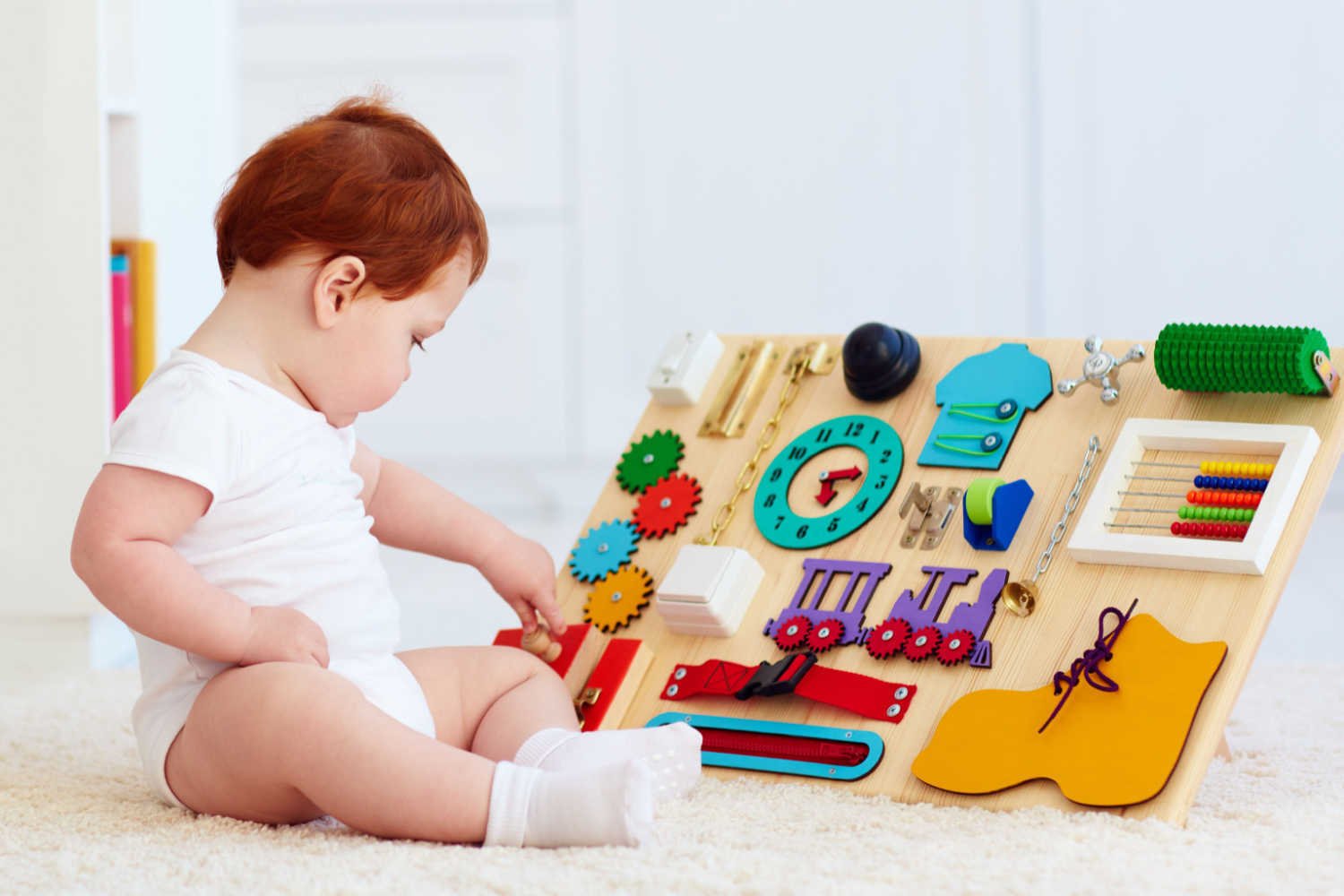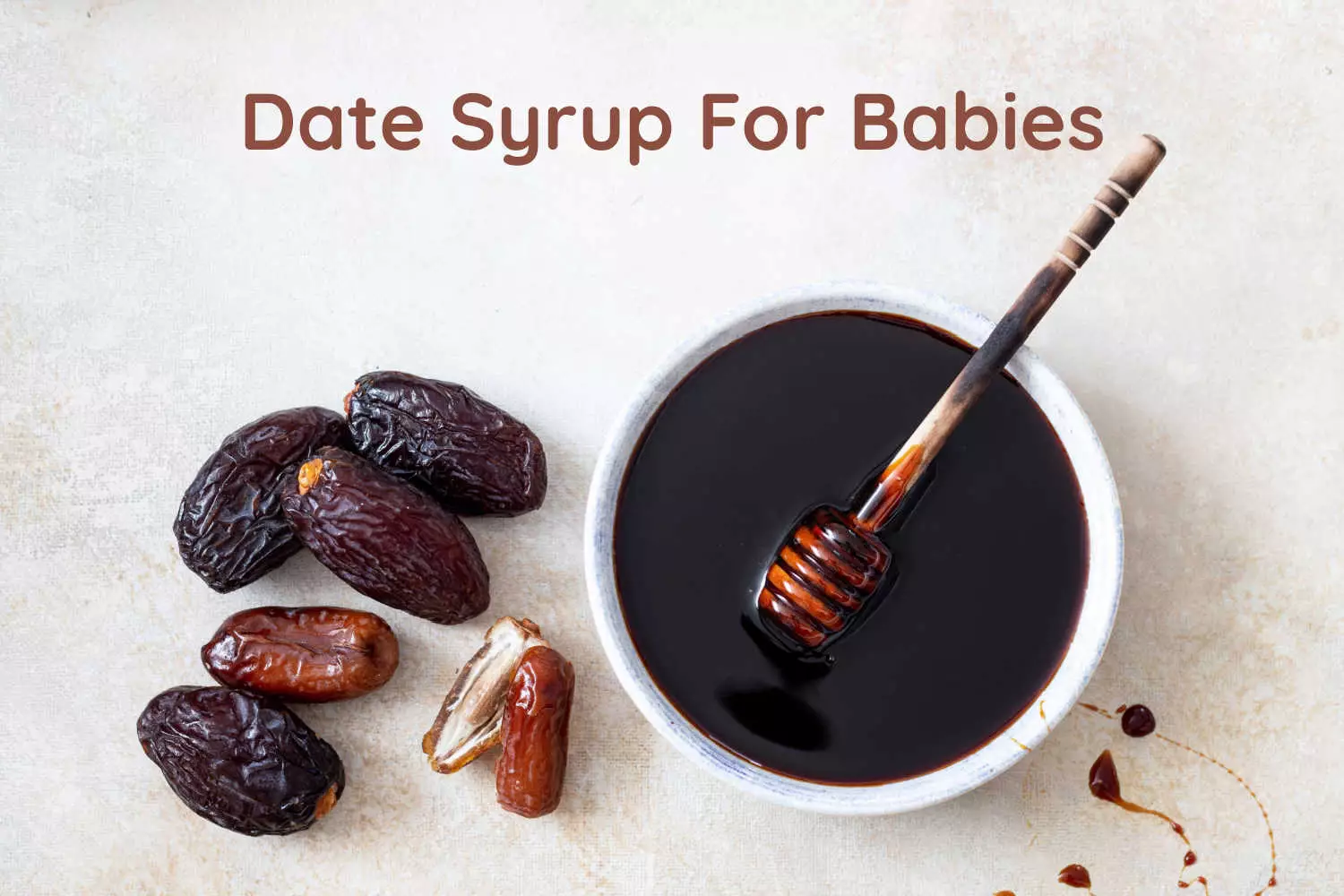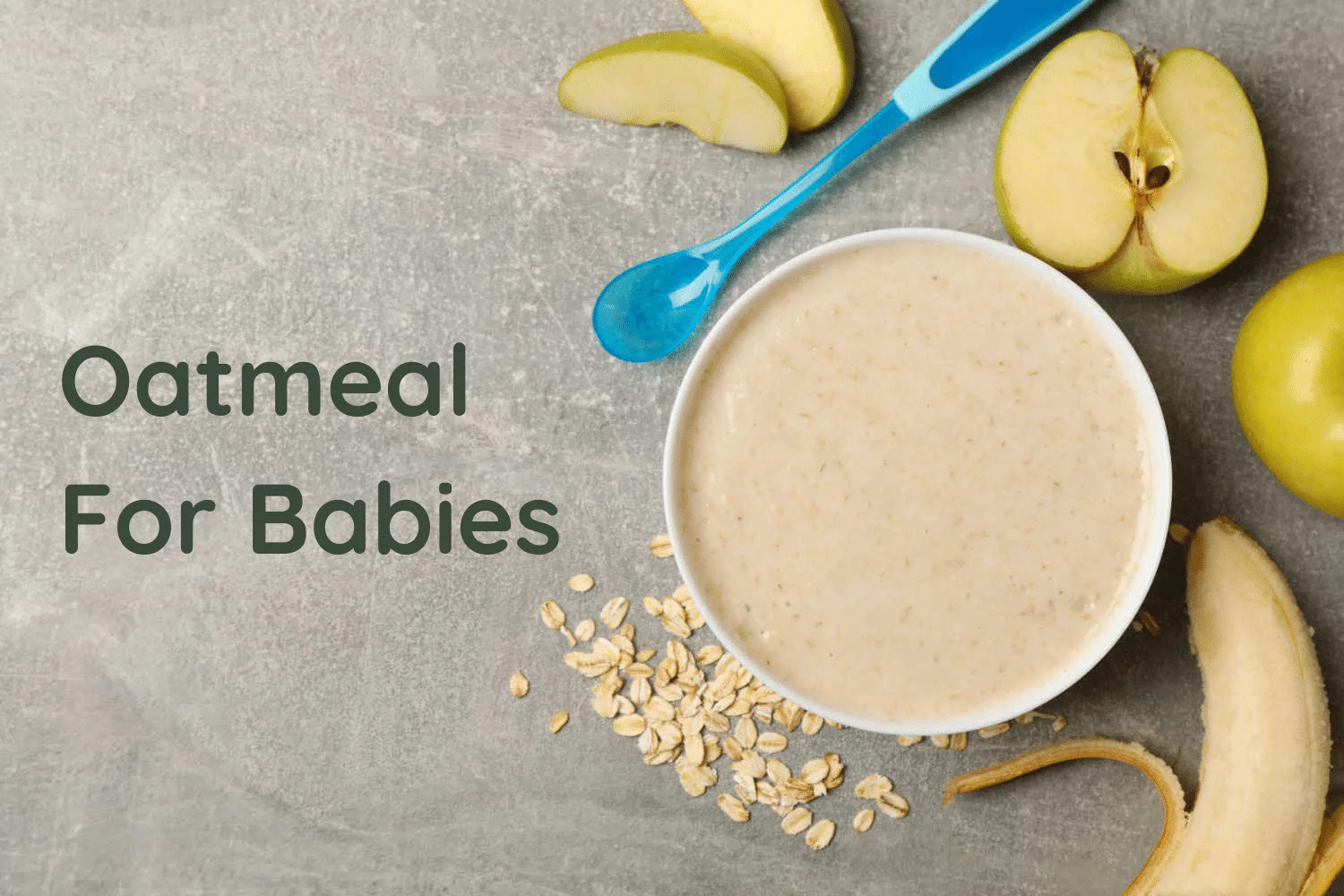
Should You Bathe Baby Daily?
6 min readWritten by Editorial Team


Whether or not to bathe a baby daily is a very common question among new mothers. The answer to this is very simple – your little one will not need a bath every day, because she does not get dirty as such. Moreover, your newborn also won’t really enjoy being bathed every day, and daily bathing can also dry his sensitive and super soft skin – especially if you live in areas where there is a supply of hard water.
Also, new mothers can find holding tiny wriggly slippery newborns to bathe as a huge scary task- and you might as well need some help there for a short while, till you and your baby get used to bath times. But hygiene is important, and thus it is suggested that you clean your baby’s face and genitals after every nappy change. Plus, you should not let sweat and grime accumulate in the folds of skin like underarms and legs.
In This Article
- Does My Baby Need A Bath Every day?
- When To Bathe A Baby?
- What Precautions Should I Take While Bathing My Baby?
- How Can I Give My Baby A Sponge Bath?
- What Type of Baby Bathing Tub Should Be Used?
- How Can I Safely Hold The Baby In The Tub?
- Washing Newborn’s Hair
- Moisturizing Your Baby After Bath
Does My Baby Need A Bath Every Day?
If you are an attentive mother and cater to your baby’s hygiene needs very attentively and promptly, like changing his diapers at the earliest and wiping off his burps, then you are already cleaning up those parts some way or the other. So, separately, making the routine to bathe your baby every day is not necessary.
Many times, newborns seem to develop rashes and skin infections because they are bathed daily. Because a baby’s skin is thin and does not hold a lot of moisture, a daily bathing ritual is not at all recommended. Keeping your baby clean is a top priority, and should not be neglected, but the same can be taken care of through some simple tips.
When To Bathe A Baby?

It entirely depends on you, but choose a time when you can focus on giving the bath and not simply rush through it. It is a very unique experience for your baby so it is important to take it slow and make sure your baby is comfortable.
Some mothers prefer to bathe their babies in the morning time so that he feels fresh for the whole day,
There are yet other mothers who prefer to bathe their babies just before bedtime with lukewarm water so that the warm bath soothes the baby in deep sleep. If you decide to bathe your baby post-feeding him, give the little one some tummy 2time to settle down.
What Precautions Should I Take While Bathing My Baby?
Use warm water to bathe your baby instead of cold water. The warm water will relax the baby and help him sleep soundly. Other precautionary measures while bathing baby are:
- If you are using warm water as advised, make sure you use a baby bath thermometer to check if the temperature is right to put him in the bath
- Always start bathing your baby by first washing his face
- Absolutely avoid using any kind of soap on your baby’s face
- Never leave your baby unattended. Not even for a few seconds
How Can I Give My Baby A Sponge Bath?

Most doctors will suggest you give your baby a sponge bath until his Umbilical Cord stump settles down. This can be up to three to four weeks after birth.
Giving your baby a sponge bath is quite easy and though you will be a bit nervous at the few initial times, you will gain confidence very soon. So, the very first step is not to panic. Follow these directions and you will be doing it the right way.
Steps to Follow To Sponge Bath Your Baby
- Place and surface: Put your baby on a flat surface on his back. The safest place is on the floor with a warm blanket or thick towel spread out. Just make sure it is warm enough for your baby to lie down on it
- Room temperature: Make sure the room is warm enough, wet babies can get chilled quite easily
- A shallow tub or basin: If you are using a tub for the water, make sure you keep it nearby so you don’t have to move much
- Essential supplies: A towel with a hood, a wash cloth, cotton balls, baby wipes, clothes, a clean diaper, a sponge and mild baby soap and moisturizer
- Temperature: Check the temperature of water and wet the washcloth – ideally around 100 F (38 C)
- Start with the Face: After wringing out all the excess water from the sponge, gently wipe your baby’s face with it
- Baby’s Eyes: Wipe your baby’s eye lids with wet cotton or a damp cloth – from the inside to the outside ends. Click here to read how to take care of your baby’s eyes
- Attention to: Clean the skin folds and the genital areas carefully. Clean the back of the ears and the area between the fingers
- Moisturizing after bath: Most newborns may not need a moisturizer, but if you use it, make sure that the lotion is hypoallergenic. Click here to know tips on how to keep your baby’s skin moisturized.
Read more on sponge bathing your baby here.
What Type of Baby Bathing Tub Should Be Used?
Safety should be the priority and not the type of tub. There is the varied choice when it comes to choosing a baby bathtub. You could opt for free-standing plastic tubs designed for newborns.
You can also pick foldable tubs, tubs with slings that make sure that infants are held in place, inflatable tubs, or tubs that have a soft, spongy interior. A sink or a basin has been just as fine. Whatever you choose to bathe your baby in, make sure that he doesn’t bang his head on the hard surface, and doesn’t make it difficult for you to hold the baby.
How Can I Safely Hold The Baby In The Tub?

The baby can be slippery and bathing a wriggly body can sound scary, to say the least. When you bathe your baby, make sure you hold him securely and comfortably too. With one of your hands, support your baby’s head. Use your other hand to firmly hold and gently guide your baby’s body into the water tub, feet first.
Support your baby’s head and torso with your arm and hand. Grasp your baby firmly under the armpit by wrapping your arm under the baby’s back. When you clean your baby’s back and buttocks, lean him or her forward on your arm. Continue to grasp your baby under the armpit.
Washing Newborn’s Hair
If your baby has developed scaly patches on the scalp- called the cradle cap, you may wash your baby’s hair. Using just a small drop of mild baby shampoo, massage your baby’s scalp. Rinse the shampoo making sure the water drops do not get into the baby’s eyes. You could use a washcloth or wash the baby’s head under the faucet.
Moisturizing Your Baby After Bath
Your baby’s skin is very thin and very sensitive. So it is natural for it to dry up after every bath. Also at the same time, it is important to keep the baths short. Though your baby must be giving you all kinds of signs that he is enjoying his bath and giggling all the way, you should cut down on the duration as well as on the number of times you are bathing him in a week. Restrict it to 3-4 times in a week. The below tips will help:
- Do not rub towel on your baby’s skin harshly. It not only makes your baby uncomfortable and will also chap the skin
- Apply a hypoallergenic lotion on your baby’s skin on parts where there are chances of developing a rash and keep applying it every 12 hours
- Baby’s skin gets easily chapped at any given time because of the simple reason that it secretes less oil of its own so you have to make sure that your baby’s skin doesn’t dry off much
Bathing at the right intervals, keeping the process short and moisturizing after bath can help you avoid dryness of skin in your baby.

Editorial Team,
With a rich experience in pregnancy and parenting, our team of experts create insightful, well-curated, and easy-to-read content for our to-be-parents and parents at all stages of parenting.Read more.
Responses (0)
Want curated content sharply tailored for your exact stage of parenting?
Related articles

Millets For Babies – When to Introduce Benefits & Precautions

Busy Boards For Babies – How it Helps in Baby’s Development

Date Syrup for Babies – When to Introduce and Top Benefits

Oatmeal For Babies – When to Introduce, Benefits and How to Feed

Top 100 Super Sweet and Lovely Baby Smile Quotes

Kissing a Baby – Is it Safe?
Sponsored content
Discover great local businesses around you for your kids.
Get regular updates, great recommendations and other right stuff at the right time.





